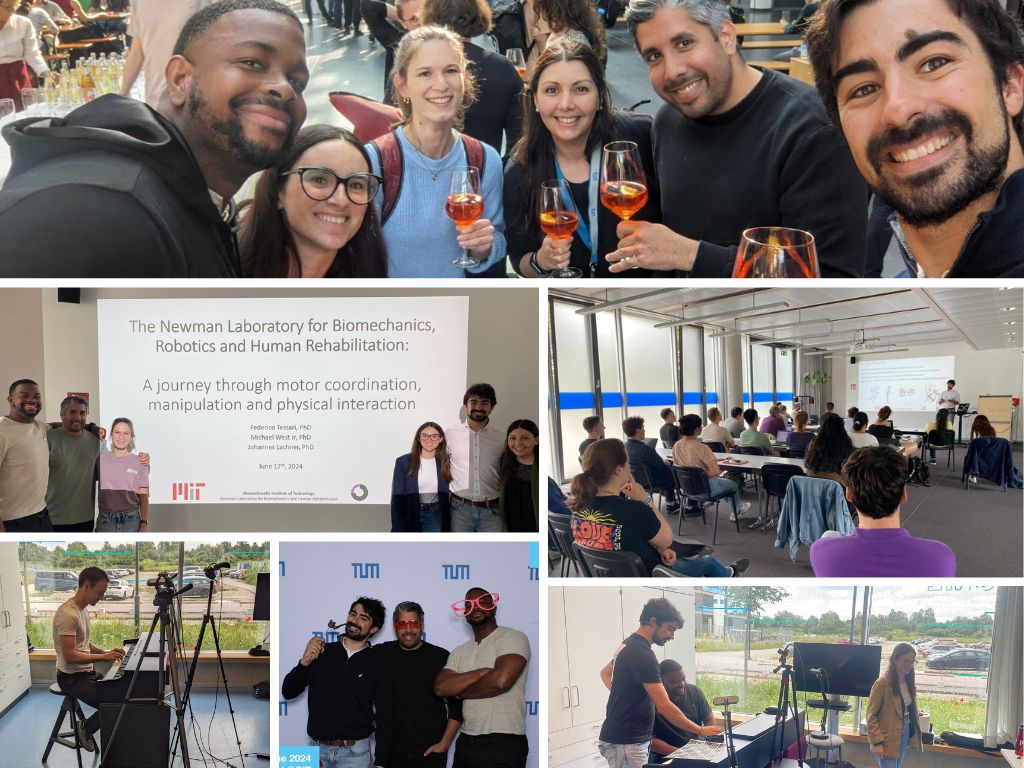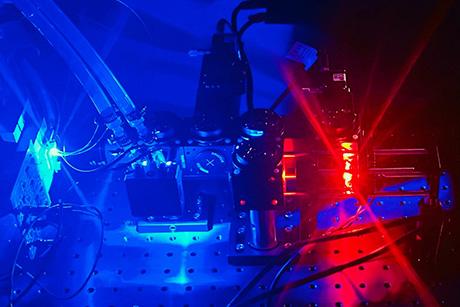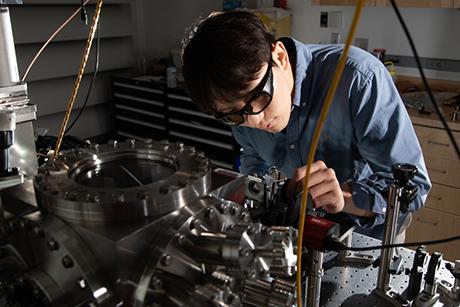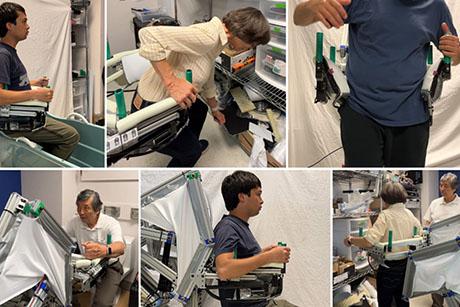MechE researchers pioneer human motor control theory through global collaboration at TU Munich
Team attributes successes to diversity of perspectives among collaborators
MechE postdocs Federico Tessari, Johannes Lachner, and recent graduate A. Michael West Jr., PhD ’24, spent time this summer immersed in cross-cultural collaboration at the Technical University of Munich (TUM). Funded by a grant from the TUM Global Incentive Fund, the program strives to “support the initiation and deepening of international relationships worldwide.”
Arriving in Germany in June, Tessari, Lachner, and West worked on a series of experiments they hoped would improve their understanding of how humans handle complex manipulation tasks.
“Our preliminary observations suggest that humans might employ different coordination strategies between their dominant and non-dominant hand both at the kinematic level as well as the muscular one. Moreover, different individuals might use different hand and finger movements to perform the same exact motor task,” explains Tessari, who works in The Newman Laboratory for Biomechanics and Human Rehabilitation.
The MIT team, comprising two Germans, two Italians, a Spaniard, and an American, said they found the TUM collaboration particularly enriching. Team members say having differing lived experiences allowed each to draw from one another's research expertise and cultural perspectives, fostering a more holistic approach to the research.
Cross-cultural collaboration brings together diverse perspectives, experiences, and values. By bridging cultural differences, teams foster empathy and obtain a unique vantage point on creative problem-solving. This diversity brings a broader global perspective to tackling today’s toughest challenges.
“It is incredible how six scientists coming from four different countries, speaking four different languages, can work, collaborate, share ideas and enjoy life together when driven by a common passion for science and an honest curiosity in different cultures, lifestyles and traditions,” shares the MIT team.
The Munich team plans to visit Cambridge to perform additional experiments before the collaboration concludes at the end of the year. The group intends to improve their understanding of the intricacies of human motor coordination and manipulation and share their findings through a series of publications. They will also consider the eventual need for further experiments in future studies.




